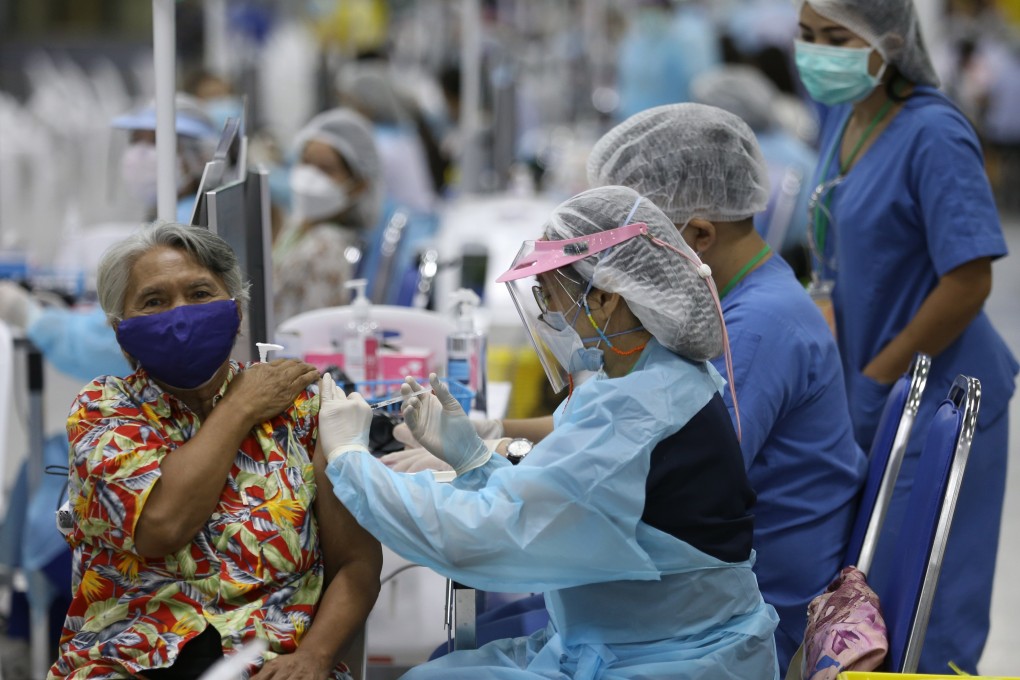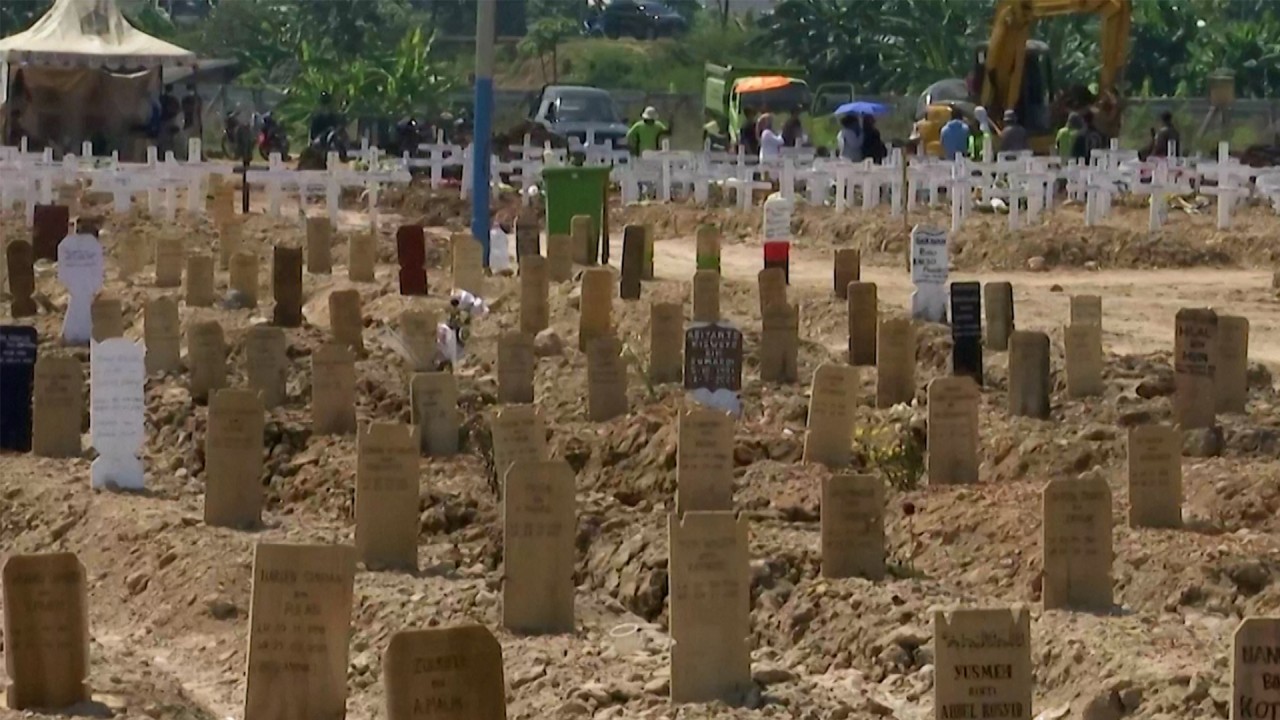Advertisement
Macroscope | Will the Delta variant derail Asia’s economic recovery?
- Although the variant is rapidly transmissible, higher vaccination rates should help mitigate economic consequences by weakening the link between new cases and bad health outcomes, easing pressure on policymakers to prolong restrictions
Reading Time:3 minutes
Why you can trust SCMP
2

Worries about the spread of the highly transmissible Delta variant of Covid-19 has unnerved markets recently, given its potential to disrupt the global economic recovery. Jitters have focused on Asia, where the variant has sparked a resurgence of virus cases in many parts of the region.
Indonesia, Malaysia, South Korea and Thailand are all fighting record-high new case counts, while infections are rising in Japan and Singapore in recent weeks. China also saw a few local outbreaks linked to the Delta variant, although the total case counts remain low. To try to control the virus, social distancing measures were tightened across much of Asia with another “state of emergency” declared for Tokyo, and more stringent restrictions in South Korea, Indonesia, Singapore and Thailand.
This has reignited the debate about whether lockdowns to protect public health will hurt economies as they curb reopening activity, making Asia’s nascent economic recovery look vulnerable.
The link between Covid-19 cases and economic activity depends largely on policymakers’ willingness to impose restrictions. This is in turn closely related to the link between Covid-19 cases and hospitalisation and fatality rates.
The recent tighter social distancing measures are clearly a headwind for domestic economic activities, especially for services consumption, but this is likely to be only a temporary setback in Asia’s domestic demand recovery as vaccinations pick up pace in the region.
Advertisement

